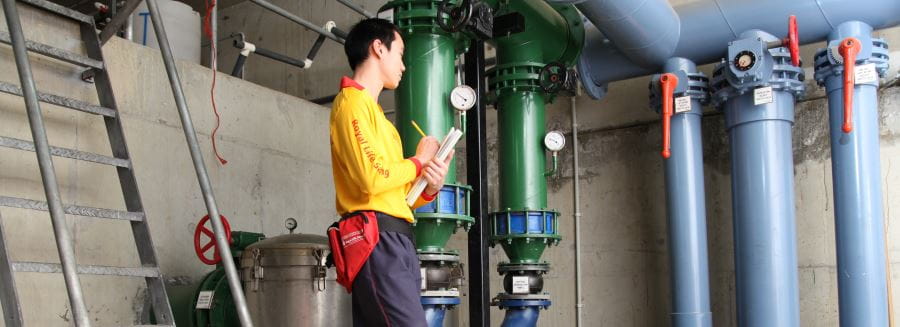
To have an accident in the workplace is unfortunate; to have that accident and not learn anything from it is a crime.
When something goes wrong at work, and invariably something will at some point go wrong, our response is crucial. We respond with what we have been trained to do; evacuations, providing emergency care and first aid or an in-water rescue. The immediate post-event responses are almost always the correct ones.
But when we have responded, and we return to our normal operations, did we stop to ask ourselves “What happened here?” and most importantly, “What should I do to stop this event from reoccurring?"
There is a clear obligation on the Operator under the Occupational Safety & Health Act 1984 to discharge the employers Duty of Care obligations and to investigate all accidents and incidents that occur within the facility that have been reported to the operator. Unfortunately, many events are not reported at all, and as such they never get investigated.
When we do investigate, are we doing it to find someone to blame for the incident or merely for the sake of compliance? If the answer is yes to either of the above, then you’re not going to receive the full benefit of the investigation process.
Royal Life Saving WA can help guide you through the post-event investigation process. Successful investigations are a system that should assist you in ensuring that all the data or evidence has been gathered correctly, that the evidence has been analysed systematically to identify what the root causes were and, most importantly, to work with you to prepare a report which specifies the actions that must be taken to prevent the same thing happening again in the future.
The Safety Services team at Royal Life Saving Society WA uses the ICAM (Incident Cause Analysis Model) method to ensure that the investigation process occurs seamlessly and reliably from start to finish. You and your team will be guided by an experienced facilitator who will provide you with the tools to make sure that you establish the following:
- What happened?
- Why it happened?
- How will it be prevented from reoccurring?
The ICAM methodology was developed by BHP to ensure that accident investigations were conducted using the same system in the same way across multiple sites and by thousands of employees. This ensures that the quality of the investigation doesn’t diminish. ICAM is based on the work of Professor James Reason, who popularised the Swiss Cheese Model of Accident Causation.
Applying this methodology to the Aquatic Industry isn’t new, but it is now available all year round across WA. If you’ve had an incident or near-miss and would like to find out more about what Royal Life Saving WA can do to help please contact our Safety Services Team by completing the form below.